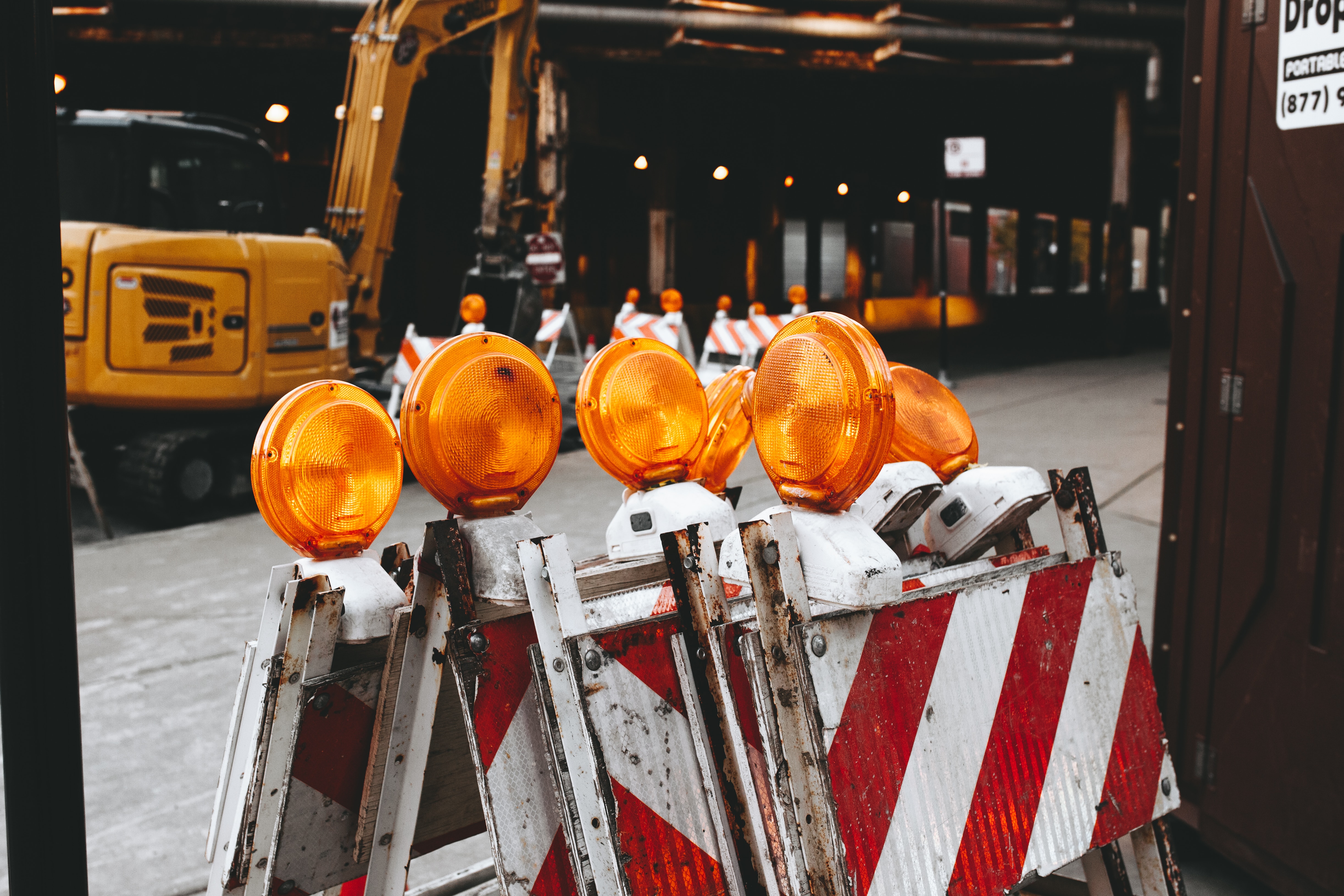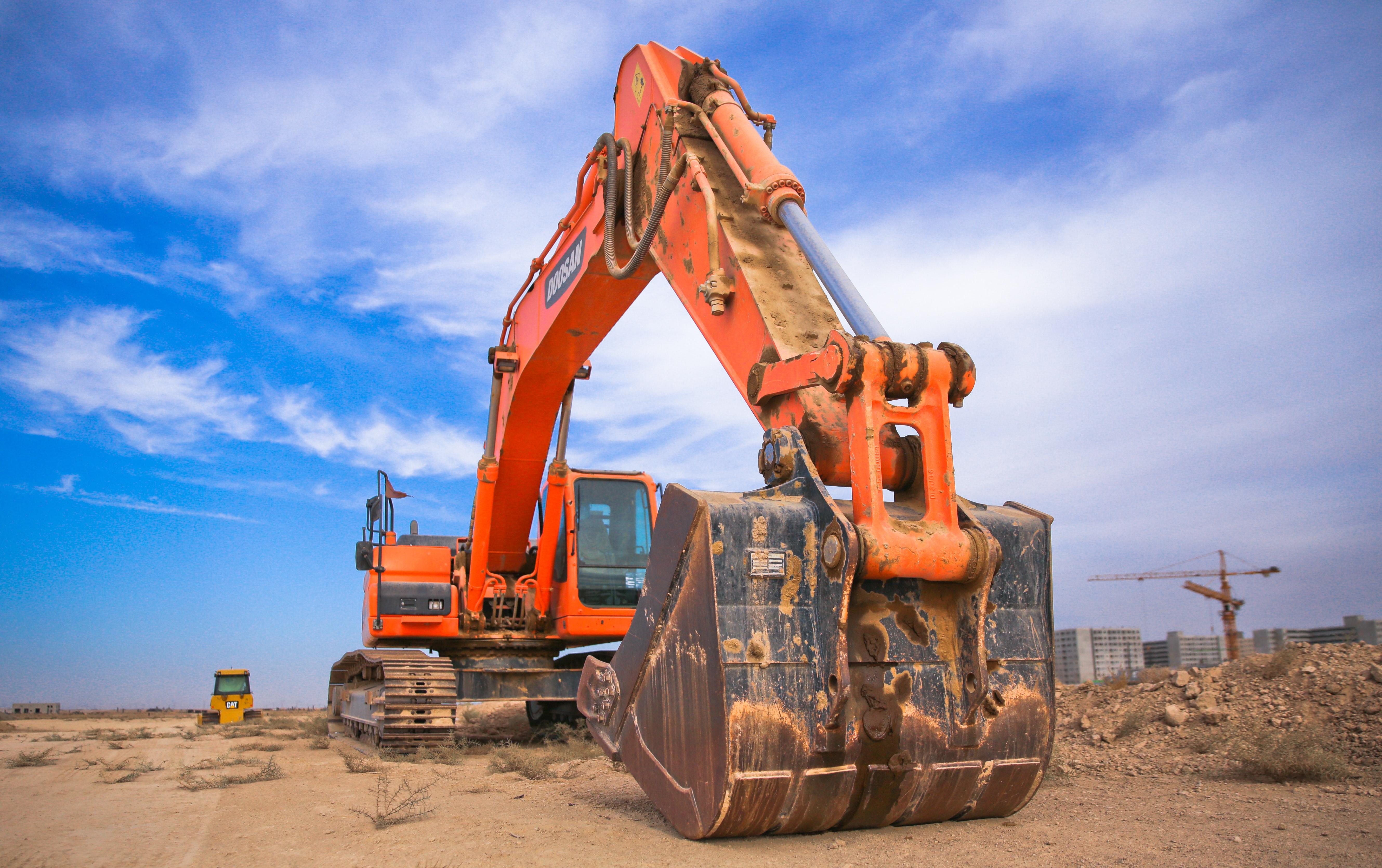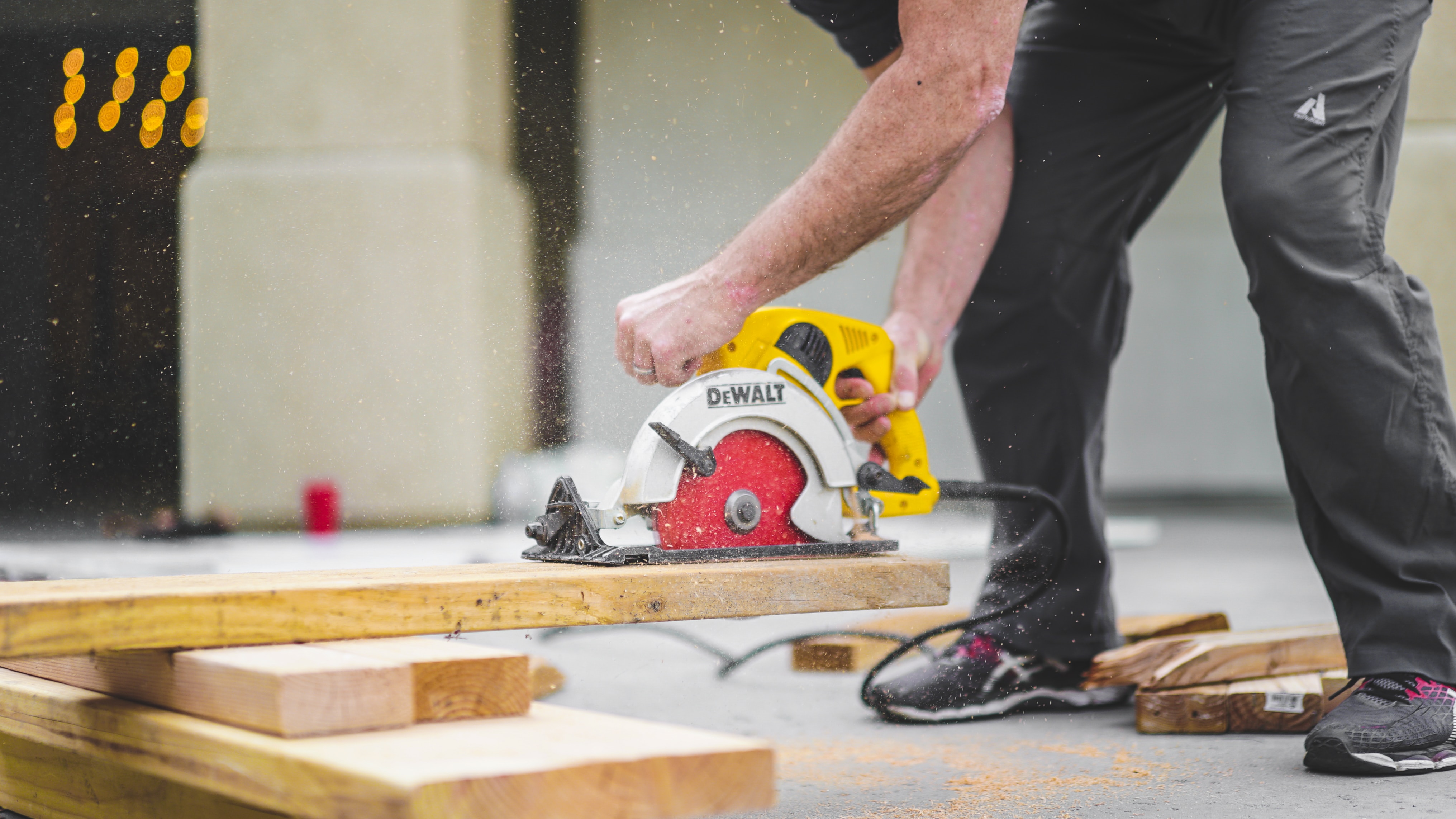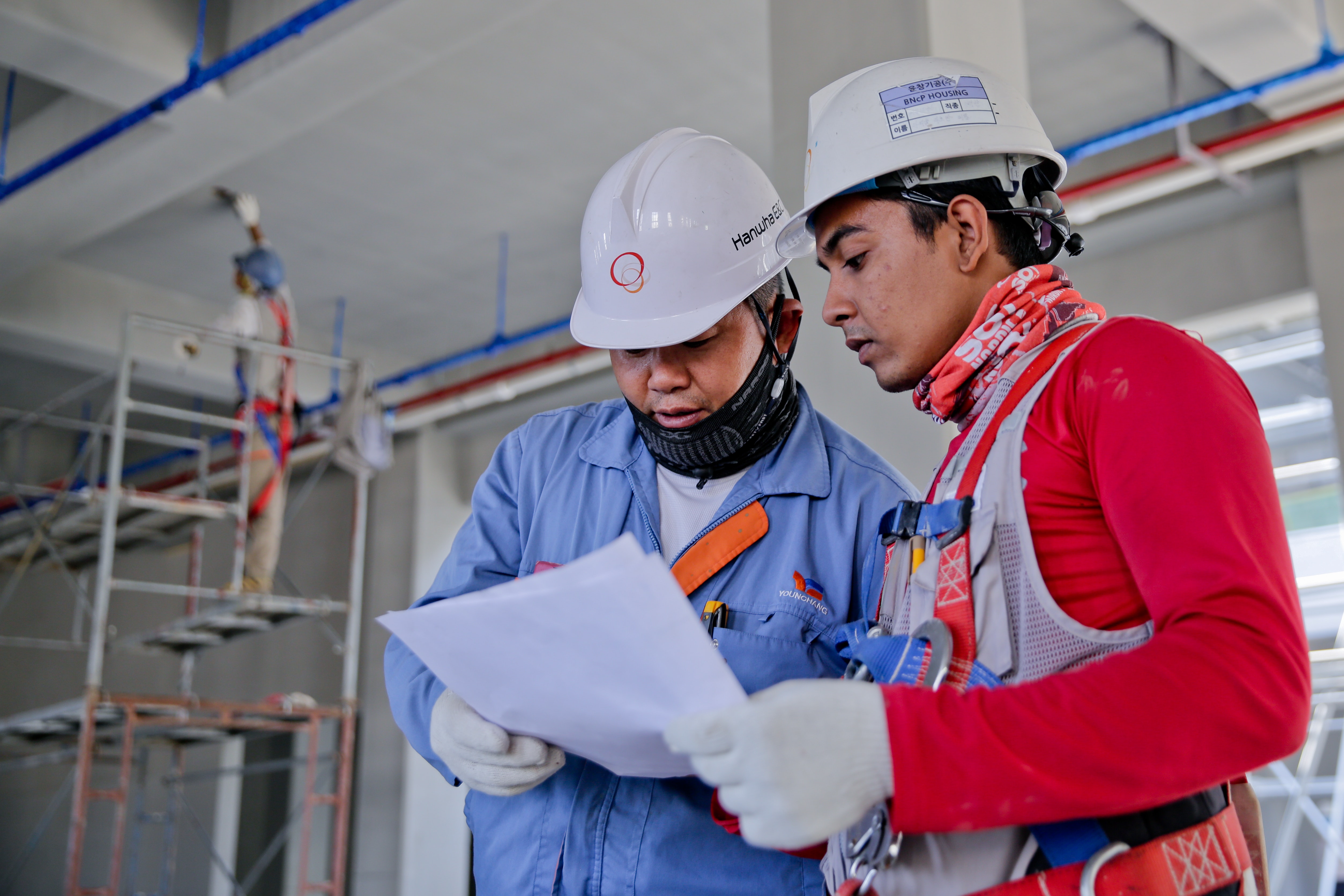It’s no secret that construction equipment can be quite expensive. This is why so many businesses are torn between buying and renting pieces when they require them for certain projects. The truth is that there’s no simple solution to this problem. There are situations in which both are viable options, but it’s difficult to discern when you might need one or the other. Here are some factors that might influence your decision.
1. Frequency of use
How often do you need some extra equipment? If you find that the worksite requires an extra pair of hands on a forklift every single day, would you be better off renting it or just buying one outright? It seems like the answer is obvious, but you’re rarely going to come across such a straightforward situation.
Sometimes, you will need additional equipment during a busy season. However, you can’t guarantee that you’ll always have a busy season next time. What if you invest in some extra equipment and it turns out that it was a waste? This is a problem that many construction managers often run into. Making the decision requires that you put a lot of thought into your business strategy.
2. Dealing with maintenance
When you own a piece of equipment, you need to make sure that you’re taking proper care of it. You want it to run smoothly whenever you need to use it. After frequent use, it’s not uncommon for big pieces of machinery to slow or break down. This can be detrimental to the flow of work on the job site and you need to take great care to prevent it from happening.
Can you provide the necessary routine service that your equipment needs? You will need the appropriate maintenance staff and equipment to make sure that everything is running smoothly. If you are lacking in any of these elements, renting might be the best option for your business. The maintenance and repair responsibilities fall under the business that you rented from, shifting the burden from you.
3. Job location logistics
Where you decide to use equipment is just as important as how you use it. Even if your equipment storage and maintenance is normally consistent across the board, this doesn’t mean that your location is going to stay consistent.
It becomes increasingly difficult to take care of your equipment when the construction site location is constantly changing. This makes it difficult to get the right personnel to the job site, especially if they aren’t absolutely necessary for day-to-day work. The business that rents out the equipment you use might be more willing to send in repairmen and maintenance personnel, wherever the equipment is located.
4. Equipment availability

If you find yourself in a tight spot and require some extra hands on deck, you might end up with a shortage of equipment. This tends to happen in the busiest seasons when rental businesses have their equipment booked for weeks in advance. It wouldn’t hurt to have your own supply f equipment on hand, just in case.
5. Planning for projects
What kind of equipment you need depends entirely on the job at hand. Different types of jobs will require different pieces of equipment. Some projects will be more common for your business than others, which means you might need some equipment more frequently than other pieces.
If you start transporting a large number of palettes and material for a specific project, you might need additional forklifts at your disposal. If you don’t intend to buy them for future projects, you could always rent them from places like MLA Holdings instead. As long as you have the necessary equipment for your current project, you shouldn’t have too many issues. You don’t want to waste money on buying expensive equipment that you might not need after the project is over.
6. Project length
If you need equipment or transport for a project that will take you a single day to finish, it’s unlikely that you’ll want to purchase the equipment outright. After all, why spend a lot of money on an investment that might not be worthwhile after the day is up? You’re still left with the equipment at the end of the day, and this means you’ll have to deal with the cost of transporting it to the next project tomorrow.
A longer construction project is a different story entirely. If your business was hired for work that will take several months, renting equipment might not be an efficient solution. After a couple of months, the cost of renting might even outweigh the cost of the equipment itself. Because of this, longer projects might warrant buying new tools and equipment to help your business work on projects. If you have clients that intend to hire you for future cooperation on projects, you might as well invest in the equipment that you’ll need to work with them.
Conclusion
Every construction manager has had this dilemma in their head every once in a while. It’s hard to invest a lot of funds for expensive equipment, but sometimes it has to be done. In other scenarios, renting might be a wiser decision. It entirely depends on the situation and you need to consider the efficiency of your decision before you make it.



